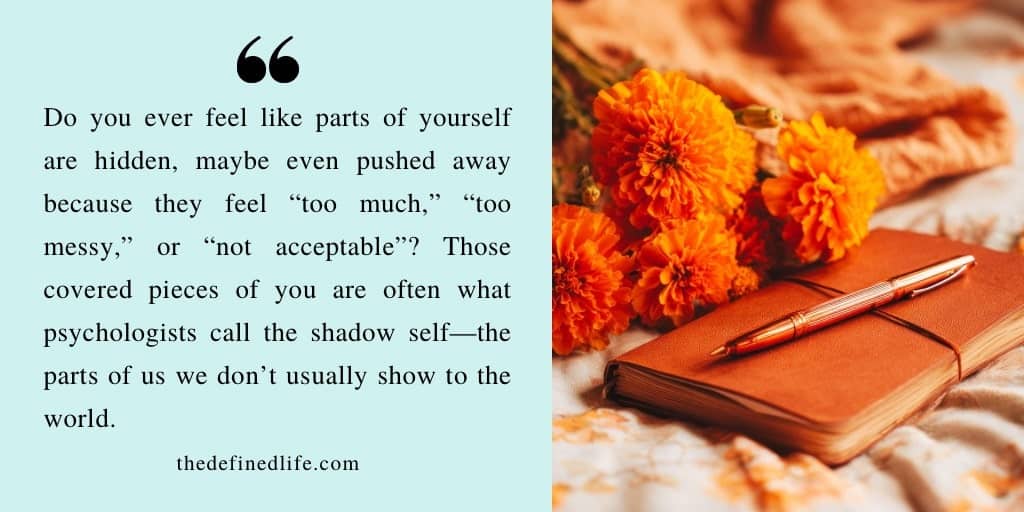
Do you ever feel like parts of yourself are hidden, maybe even pushed away because they feel “too much,” “too messy,” or “not acceptable”? Those covered pieces of you are often what psychologists call the shadow self—the parts of us we don’t usually show to the world.
Shadow work, a concept made popular by psychologist Carl Jung, is the practice of gently exploring those hidden aspects of yourself. It’s not about shaming or “fixing” yourself—it’s about becoming more whole. And one of the safest, simplest ways to begin is through journaling.
This blog post will guide you with what you need to know about journaling for shadow work.
⚠️ A Word of Caution: Shadow work can bring up deep emotions, old wounds, or memories you may not have faced in a long time. While it can be healing, it’s not always easy. If you feel overwhelmed, consider pausing, practicing grounding exercises, or seeking support from a therapist or trusted person. Remember—you don’t have to face everything at once, and it’s okay to go at your own pace.
Table of Contents
What Is Shadow Work in Simple Terms?
Think of shadow work as shining a light into a closet you’ve kept shut for years. Inside, you might find emotions you didn’t want to feel, memories that hurt, or parts of your personality you were told to hide.
By writing about them with honesty and compassion, you start to see that these “shadows” aren’t monsters—they’re simply unacknowledged pieces of yourself. Once you accept them, you gain more peace, self-awareness, and freedom.
Why Explore Your Shadow Self?
Ignoring your shadow self doesn’t make it go away—it often shows up in hidden ways, like overreacting, repeating unhealthy patterns, or being hard on yourself. When you take the time to explore it, you begin to understand the “why” behind your emotions and choices.
Shadow work can help you:
- Break old cycles and stop repeating the same mistakes.
- Understand your triggers so you respond, not just react.
- Build self-acceptance instead of battling guilt or shame.
- Grow personally and emotionally by facing what you’ve avoided.
Exploring your shadow isn’t about fixing yourself—it’s about becoming whole and living with more awareness and compassion.

Who Can Benefit from Shadow Work?
Shadow work isn’t only for people going through major struggles—it can support anyone who wants to better understand themselves. You may find it especially helpful if you:
- Keep finding yourself in the same cycles, whether in relationships, habits, or life choices.
- Carry a heavy inner critic, guilt, or shame that feels hard to shake.
- Notice emotions or memories you push away rather than face.
- Feel called to heal your inner child and explore how the past still shapes you.
- Want to grow beyond surface-level self-improvement and tap into deeper self-awareness.
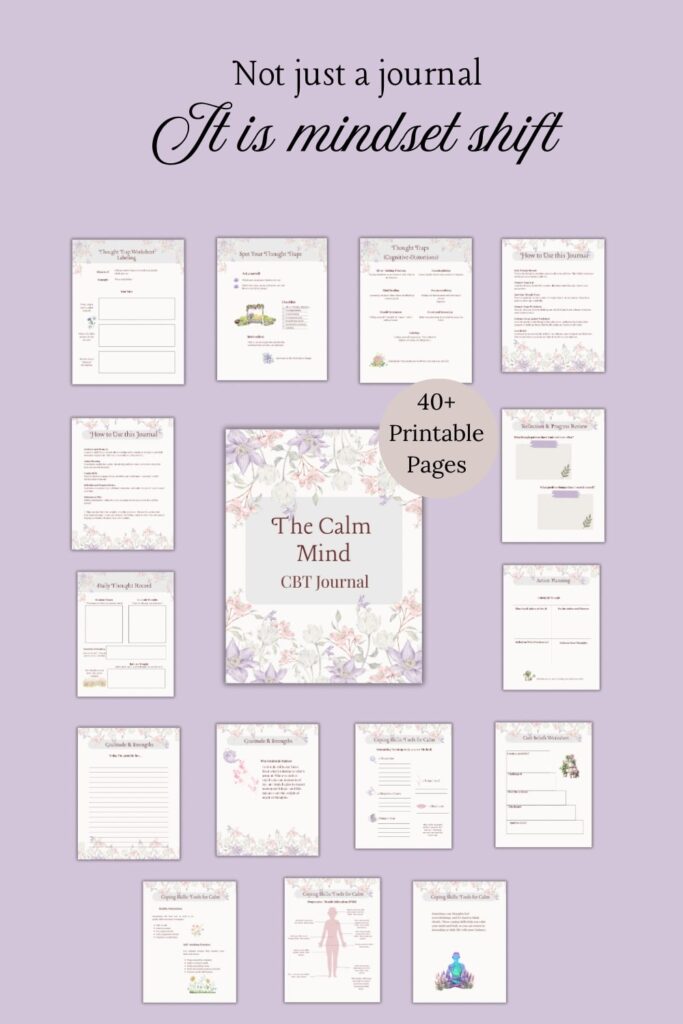
By working with your hidden or unacknowledged sides, you create space for more balance, healing, and authentic living.
⚠️ Another Word of Caution: Shadow work can stir up difficult emotions. If you have unresolved trauma, are currently struggling with severe depression or anxiety, or find yourself overwhelmed when journaling, it may be best to work with a therapist or counselor who can support you. Self-guided shadow work should feel like gentle exploration, not emotional drowning.
When Is the Best Time to Do Shadow Work?
Shadow work isn’t something you squeeze in on a rushed lunch break or right after a stressful meeting. It works best when you give yourself a little space to breathe and reflect.
Here are some of the gentlest times to try it:
- When life feels calm enough – If you’re already overwhelmed, shadow work can feel like too much. Save it for a moment when you have the mental room to explore your feelings.
- In quiet moments – Early mornings before the world wakes up, or evenings when things have slowed down, are great times to sit with your journal.
- After being triggered – If something upset you—like a comment, rejection, or argument—that’s a doorway into your shadow. Writing right after helps you see what’s underneath the reaction.
- On slow days or weekends – Shadow work can stir big emotions. It helps if you don’t have to rush off right after, so you can sit with what comes up.
- With a steady rhythm – You don’t need to do it every day. Even once or twice a week is powerful. What matters most is showing up with honesty and care.
⚠️ Reminder: If you’re going through a heavy season, it’s okay to pause or do shadow work with the guidance of a therapist. Sometimes having support makes the process safer and more healing.
The Benefits of Shadow Work

Shadow work can sound heavy, but at its heart, it’s about getting to know yourself more fully. When you stop running from the parts of yourself you don’t like—or maybe don’t even notice—you create room for healing and growth.
Here are some of the biggest benefits people often experience:
- More self-awareness – You start noticing patterns in your reactions, thoughts, and emotions. Instead of asking “Why do I always do this?” you’ll actually understand where it comes from.
- Emotional healing – Old hurts, hidden anger, or buried sadness lose power when you bring them into the light. Writing them down gives them a safe outlet.
- Better relationships – When you face your own shadows, you’re less likely to project them onto others. You communicate more honestly and with more compassion.
- Stronger sense of self – Accepting your flaws along with your strengths helps you feel more whole and authentic, instead of trying to live behind a mask.
- Personal growth – The parts of yourself you’ve avoided can actually hold hidden gifts—like creativity, confidence, or resilience. Shadow work helps uncover those.
- Peace of mind – Carrying unprocessed emotions is exhausting. Facing them gently through shadow work can bring a surprising sense of relief and inner calm.
How Journaling for Shadow Work Can Help
Writing creates a safe container for your thoughts and emotions. When you put your inner world on paper, you give it space to breathe instead of bottling it up.
Unlike venting or stream-of-consciousness journaling, shadow work journaling is intentional: you ask yourself guided questions that bring hidden thoughts, emotions, or memories into awareness.

Shadow Work Journaling Prompts
Here are some prompts you can use. Remember—you don’t need to answer all at once. Choose one, write as little or as much as you like, and pause whenever you feel heavy.
- What is something I often criticize in others? Could it be something I struggle to accept in myself?
- When was the last time I felt triggered by someone? What did that moment reveal about me?
- What part of my childhood self still needs compassion or healing?
- What emotions do I avoid most often, and why?
- What am I afraid others might think if they saw the “real me”?
- What memory still stirs pain—what would I tell my younger self in that moment?
- What strengths might be hiding inside my so-called flaws?
- How does my shadow self try to protect me, even if the method isn’t helpful anymore?
👉 Tip: If any prompt feels too heavy, skip it. Your journal is your safe space, not a place for force.
Interested about journaling? Check them out- Journaling topics.
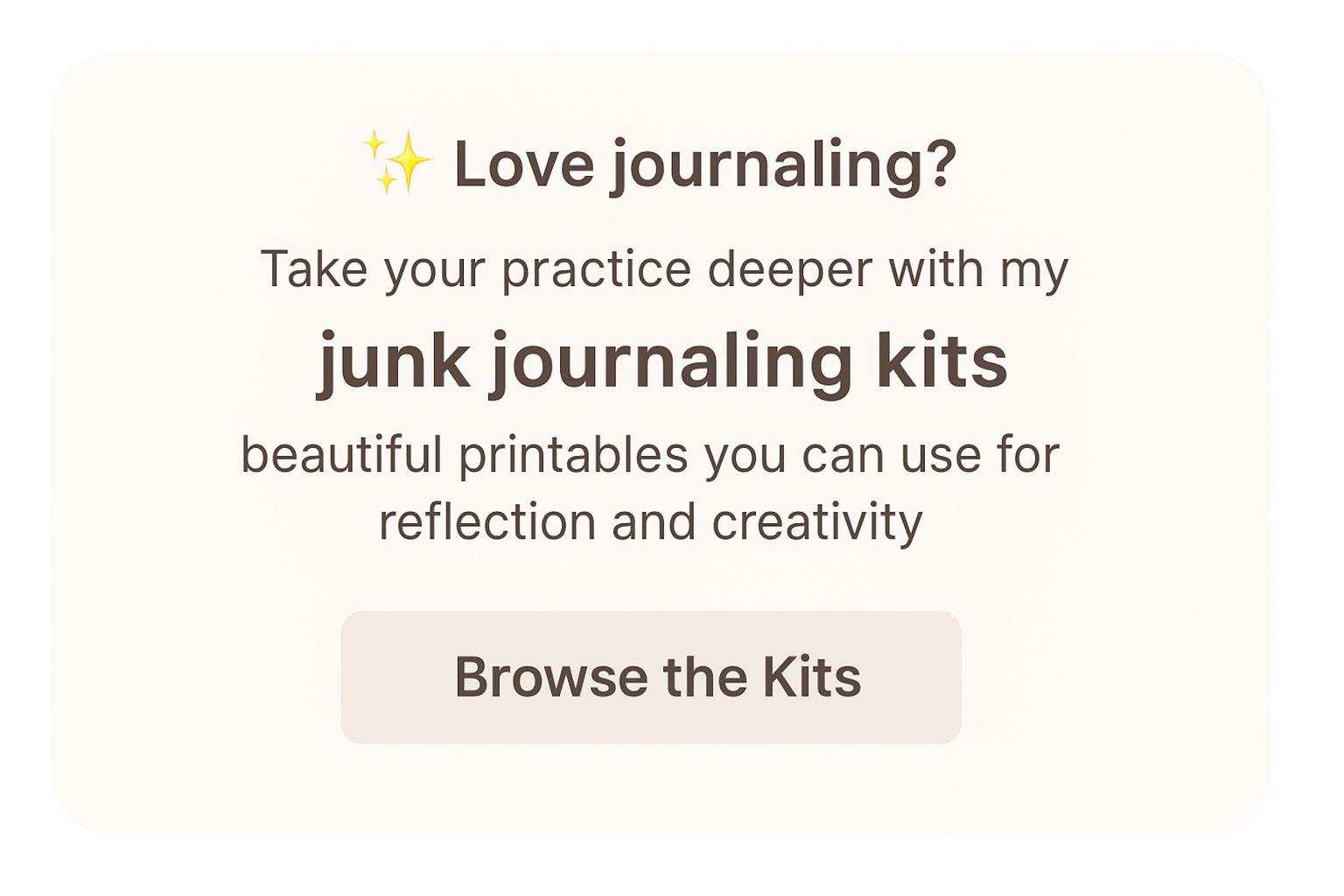
Safety & Grounding Tips
Because shadow work can stir up deep feelings, it’s important to balance your practice with care:
- Set boundaries: Try journaling for 10–15 minutes at a time. Don’t overextend.
- Ground yourself afterward: Do something calming—drink tea, listen to music, stretch, or take a walk.
- Balance with gratitude: After finishing, write down one thing you appreciate about yourself or your life.
- Pause when needed: If a memory feels overwhelming, stop. Healing doesn’t happen all at once.
Final Thoughts on Journaling for Shadow Work
Shadow work journaling can sound intimidating, but it doesn’t have to be. By exploring your hidden parts, you give yourself the chance to grow, heal, and live with more wholeness.
Remember: It’s okay to take it slow. It’s okay to skip prompts. And it’s more than okay to seek help if the process feels heavy.
Shadow work is a journey of self-discovery, and your journal can be the window that helps you see yourself more clearly—piece by piece, page by page.
Love and light,

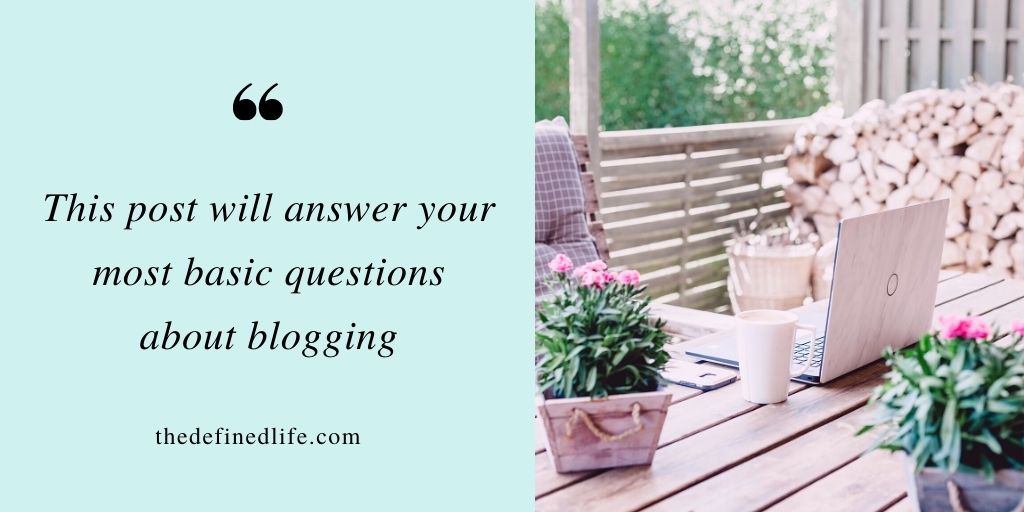
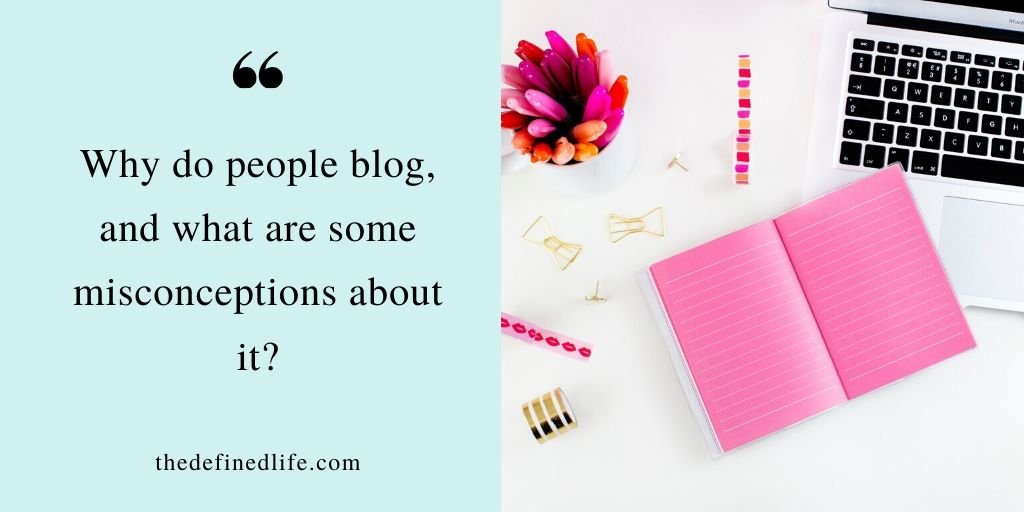


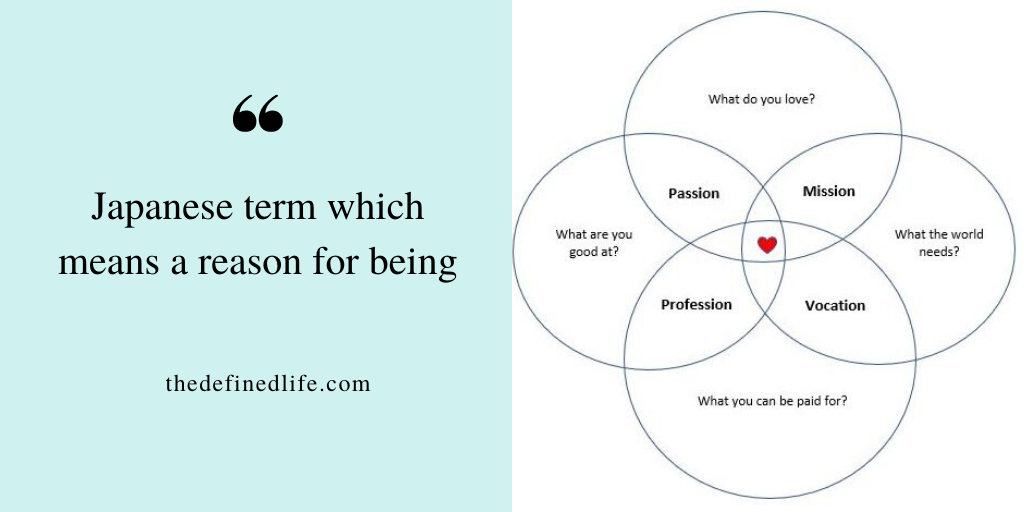


Leave a Reply